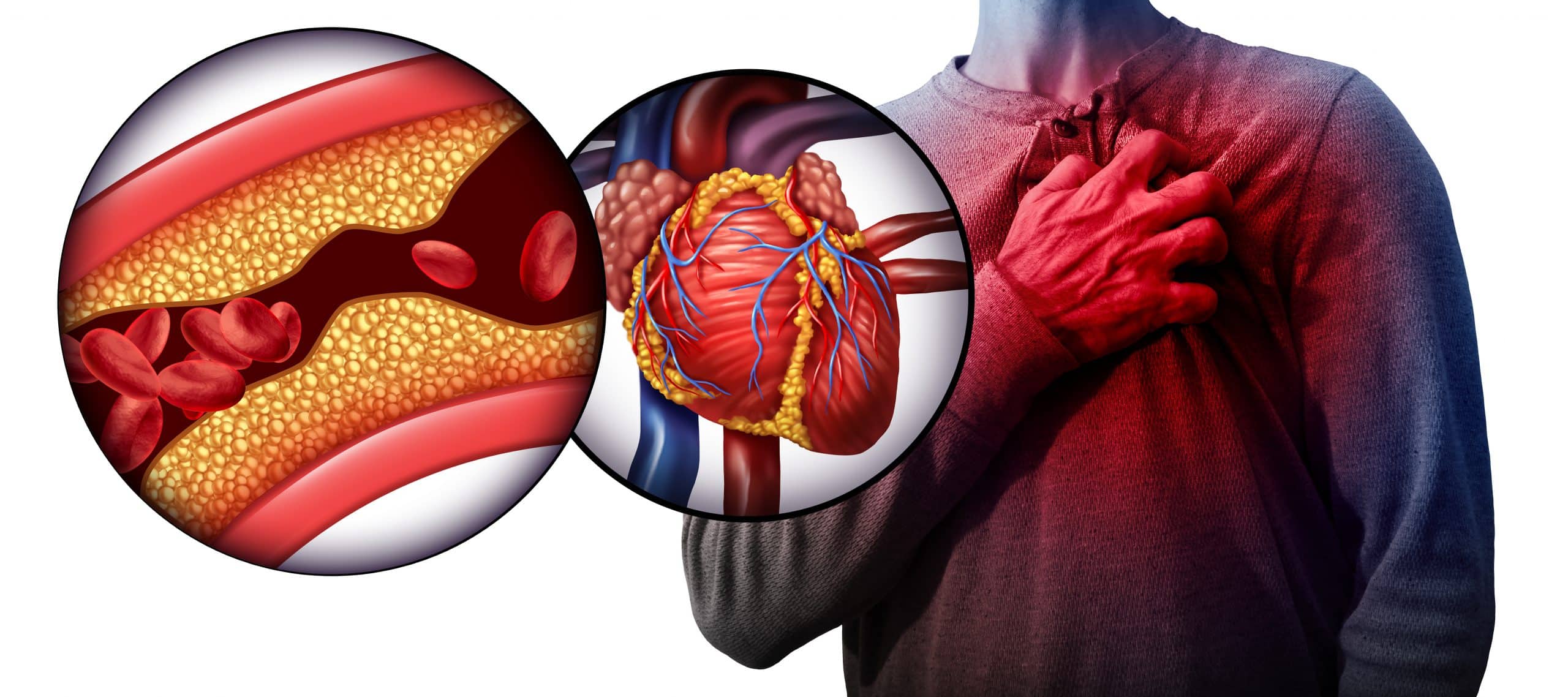05/23/2019
Stress Disorders May Be Linked To Heart Disease
Post-traumatic stress disorder (PTSD) affects millions of people across the U.S. In fact, it is projected that 7 to 8 people out of every 100 will suffer from PTSD at some point in their lives. PTSD is a mental health condition that is triggered by experiencing or witnessing a traumatic event. Triggers commonly involve accidents, combat situations, abuse, or any other type of violence. Symptoms of PTSD can include flashbacks, severe anxiety, nightmares, and uncontrollable thoughts.
Lasting for months or even years, the effects of PTSD can hinder people from coping or adjusting after a traumatic event. And with the help of therapy and self-care, many individuals are able to move past their PTSD. However, a new study has revealed that PTSD may leave other lasting effects on the body, one being a higher risk of cardiovascular disease.
New Study Shows Link Between Stress Disorder and Heart Disease
A study based out of Sweden conducted over the last 27 years, has concluded that those who suffer from stress disorders, like PTSD, may be more likely to develop heart disease. This study examined 136,637 individuals who had been diagnosed with adjustment disorder, acute stress reaction, PTSD, or other stress disorders. While none of the subjects suffered from heart disease at the beginning of the study, the researchers followed-up with them frequently over the 27-year span to better understand how their condition may affect their heart health.
They found that each year, 10.5 out of every 1,000 subjects was diagnosed with a heart condition, including high blood pressure, arrhythmia, embolism, atherosclerosis, stroke, and heart attack. For a better understanding of genetic factors, researchers also studied the subjects’ siblings who had not been diagnosed with a stress disorder. Of the siblings, only 8.4 per 1,000 were diagnosed with a heart condition each year. In the wider population, 6.9 per 1,000 people were diagnosed with heart disease every year, which means that those with PTSD or other stress disorders have a 52 percent higher chance of developing a heart condition than the wider population.
Further, researchers discovered that the risk of a severe cardiovascular event, such as a heart attack or cardiac arrest, are at their highest within the first six months after the stress disorder has been diagnosed. They also noted that the link between heart conditions and stress disorders are stronger in those under the age of 50.

More Research is Needed
While the study made efforts to eliminate other contributing factors like genetics or previous medical history, the study was not designed to produce conclusive evidence that stress disorders cause heart disease.
Due to the nature of the study, it is still unclear if it is the actual disorder that put people at risk of cardiovascular illness, or if it is certain coping mechanisms they have developed to deal with the stress disorder. For example, the heart conditions could potentially be caused by smoking, drinking, overeating, or other stress-coping behaviors adopted by the subjects.
Regardless of the findings, researchers state that proper treatment for stress disorders can lower one’s risk of developing heart disease later. Seeking help and practicing self-care can go a long way in preventing a stress disorder from escalating into something more dangerous. For more tips on reducing stress and lowering your risk of heart disease, visit CVG online today.



